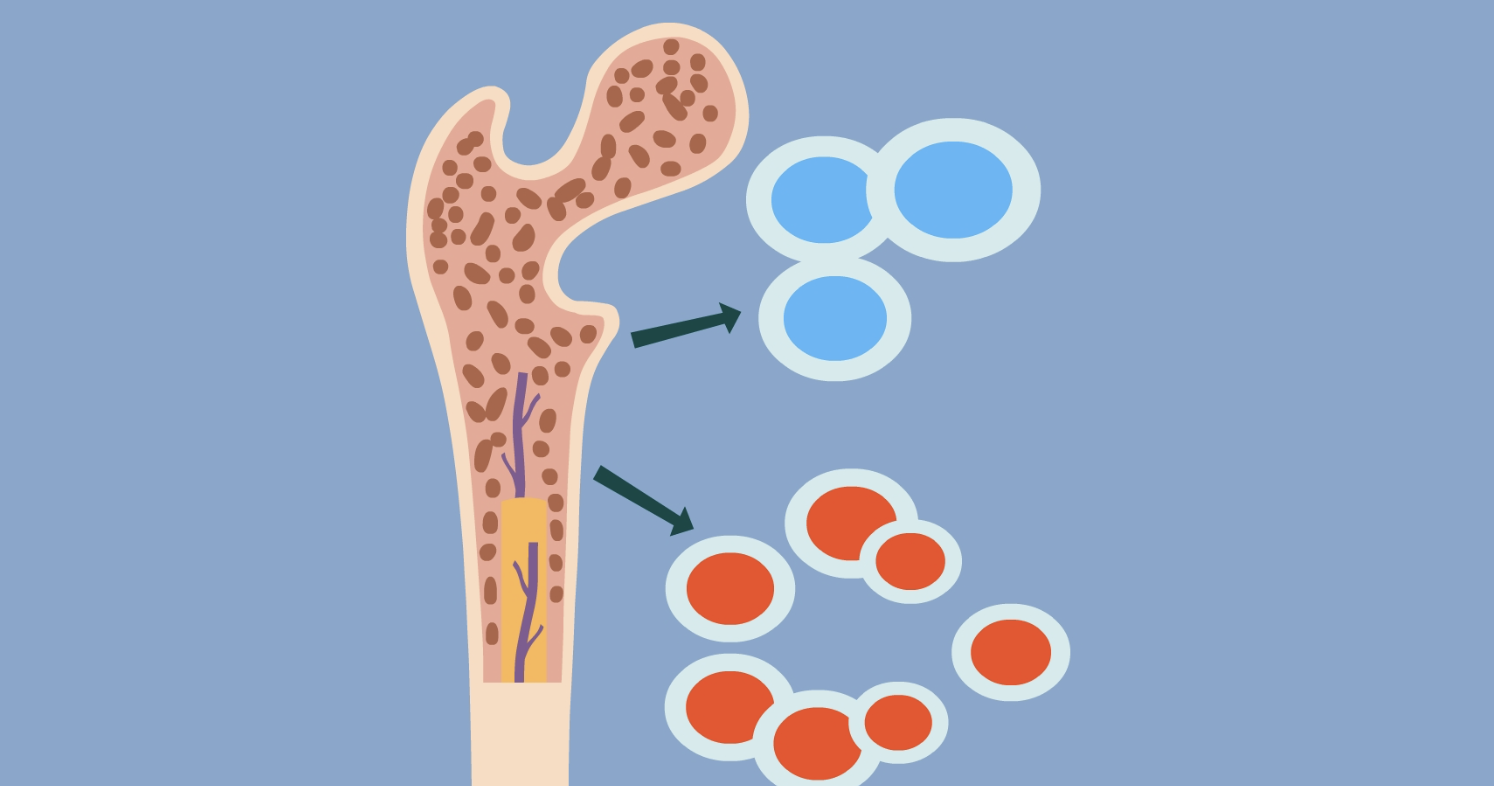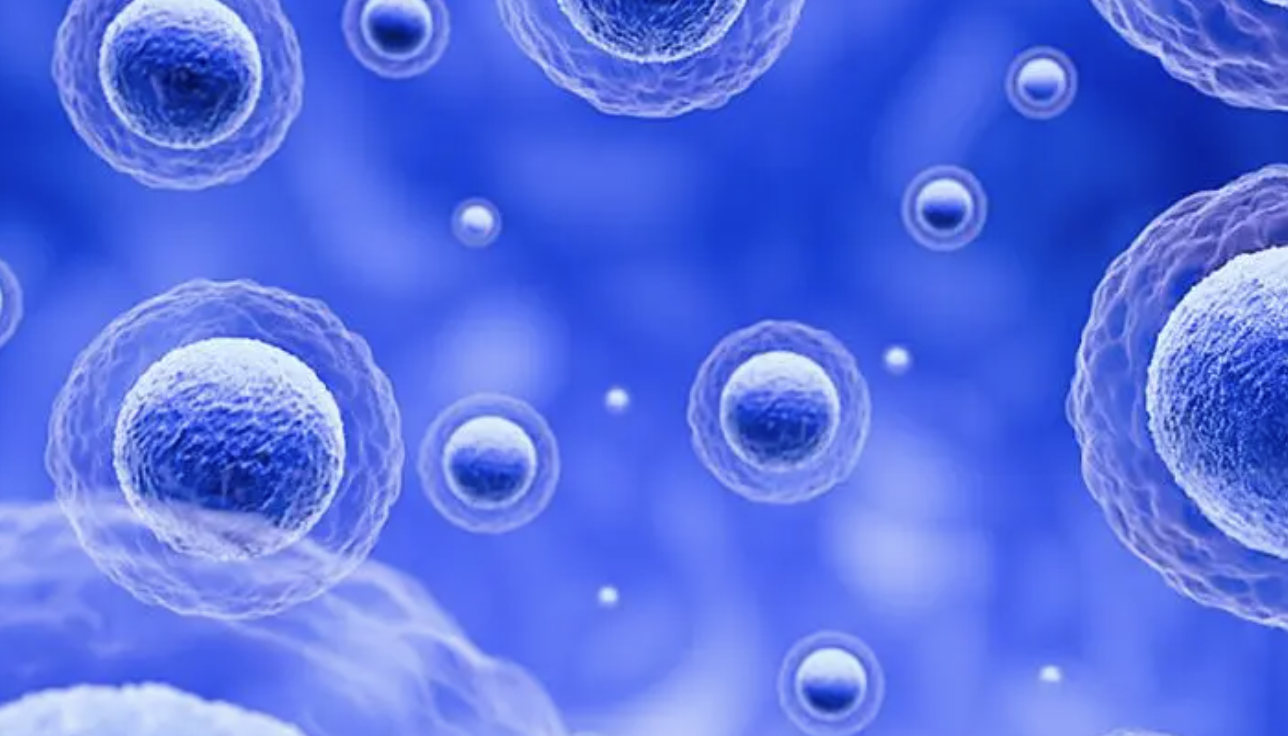Medical
Cancer Cells Are So Cunning They Use 'Self-Evolution' To Resist Treatment! New Research Has Found The Answer
A recent study led by the University of Texas Southwestern Medical Center on prostate cancer shows that by stopping the "transformation" of cancer cells in prostate cancer, new treatments are expected to overcome drug resistance.

After a period of cancer treatment, cancer cells often "evolve" in various ways and become drug resistant. At this point, the drugs that were working become useless.

Recently, a study led by the University of Texas Southwestern Medical Center on prostate cancer showed that by stopping the "transformation" of cancer cells in prostate cancer, new therapies to overcome drug resistance could be developed.
Prostate cancer is the second most common cancer in men in the United States, causing nearly 35,000 deaths each year.

"We believe that this novel combination therapy, which could significantly improve clinical outcomes for prostate cancer patients, holds the promise of saving many lives," said study leader Dr Ping Mu, assistant professor of molecular biology at the Harold C. Simmons Comprehensive Cancer Centre.
Androgen-blocking drugs that target the androgen receptor (AR), which stops prostate cells from growing, have revolutionised the treatment of a wide range of prostate cancer patients in recent decades, extending the lives of hundreds of thousands of patients. However, according to Dr Mu, as prostate cancer becomes progressively drug-resistant, these therapies can also become ineffective over time, and patients can progress.

Over the past five years, Dr. Mu and other researchers have discovered that the cause of resistance in these prostate cancers is a phenomenon known as "genealogical plasticity".
"Genealogical plasticity" refers to the ability of some prostate cancer cells to change their characteristics, reverting to their early stages and reprogramming them to become a new type of cell that can survive without androgens, thus becoming resistant to androgen-blocking drugs.
The molecular mechanisms behind this phenomenon are still unknown, although scientists have now identified genealogical plasticity in a variety of other cancers such as lung cancer, breast cancer and melanoma. This is why the process of developing therapies against cancer drug resistance has not been smooth.
To better understand the key elements of this phenomenon, Dr Mu and colleagues have conducted extensive research and made new discoveries.
The study revealed that a specific signalling pathway, called JAK-STAT, appears to drive genealogical plasticity and drug resistance in cancer cells. When the researchers used cutting-edge genetic programming techniques to try to knock out each of the 11 major genes in this pathway, they ruled out all kinds of wrong answers and found the key elements of gene plasticity - the JAK1 and STAT1 genes. When these two genes were knocked out, the prostate cancer cells reverted to their pre-drug-resistant state, once again regaining sensitivity to androgen-blocking drugs.

Dr Mu explained that using drugs that can inhibit these two genes can have a similar effect, resensitising cancer cells to androgen-blocking drugs, which in turn kills the cancer cells.
Dr Mu said the study is expected to help provide a novel approach for patients with prostate cancer that is resistant to androgen blockade therapy, and he and his colleagues plan to test the study in clinical trials next.
-
![]()
![]() MedicalDec 24, 2024
MedicalDec 24, 2024Intestinal flora can help the human body resist virus infection
-
![]()
![]() MedicalDec 23, 2024
MedicalDec 23, 2024New Treatment Effective In Up To 73% Of Multiple Myeloma Patients!
-
![]()
![]() MedicalDec 22, 2024
MedicalDec 22, 2024Why excimer laser can treat myopia
-
![]()
![]() MedicalDec 21, 2024
MedicalDec 21, 2024More Significant Survival Benefit For Non-Small Cell Lung Cancer Patients Under 55 Years Of Age, Also Using Immunotherapy!
-
![]()
![]() MedicalDec 20, 2024
MedicalDec 20, 2024New Study: Nmn Supplementation Activates Longevity Proteins To Reduce Stem Cell Senescence And Restore Mitochondrial Function




